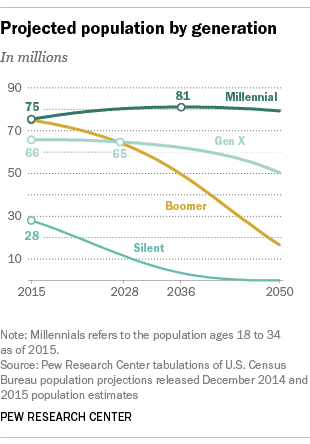- Sep 19, 2011
- 28,417
- 10,007
- 900
- Thread starter
- #121
Effects of Recent Hurricanes on BLS Data Collection and Reporting
Several U.S. states, Puerto Rico, and the U.S. Virgin Islands suffered heavy damage from three major hurricanes in late August and September 2017. Hurricanes Harvey, Irma, and Maria have affected data collection in many BLS surveys. Here is a summary of those effects. We will continue to update this page as more information becomes available.
Hurricane Harvey first made landfall on Friday, August 25, in Texas and caused catastrophic damage there. After returning to the Gulf of Mexico, Harvey was downgraded to a tropical storm and then made landfall a second time on Wednesday, August 30, in Louisiana.
Before Hurricane Irma hit the lower Florida Keys on Sunday, September 10, Irma already had caused severe damage in St. Thomas and St. John in the U.S. Virgin Islands. Puerto Rico also suffered damage from Irma. After moving north from the Keys, Irma made landfall again later on September 10 on Florida’s southern coast. Irma was a Category 5 hurricane when near the U.S. Virgin Islands and Puerto Rico. Irma dropped to a Category 4 when passing through the Florida Keys, then a Category 2 hurricane when hitting mainland Florida.
Hurricane Maria made landfall in St. Croix in the U.S. Virgin Islands and in Puerto Rico on Wednesday, September 20, causing catastrophic damage. These areas already had suffered damage from Hurricane Irma earlier in the month.
Effects of Recent Hurricanes on BLS Data Collection and Reporting : U.S. Bureau of Labor Statistics
Oct 2017, Table A-1. Employment status of the civilian population by sex and age: Monthly, Seasonally Adjusted (population data is not adjusted for seasonal variation; not seasonally adjusted version used) | FRED | St. Louis Fed




